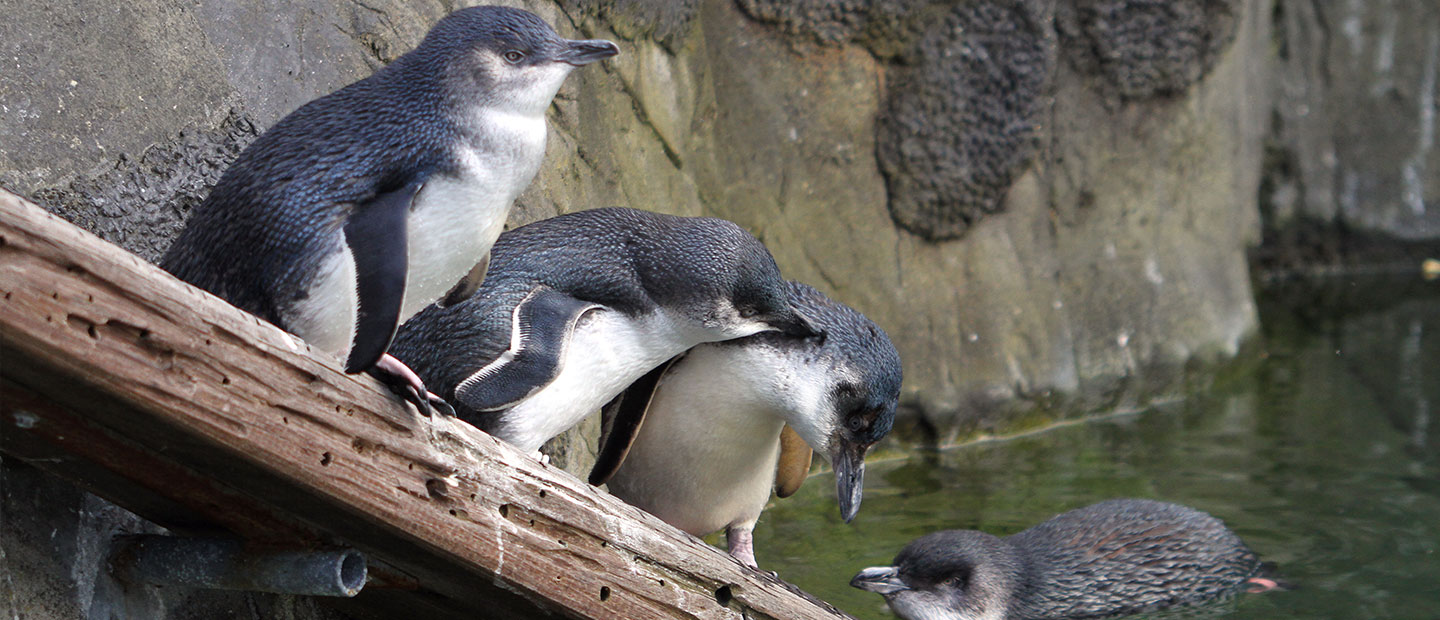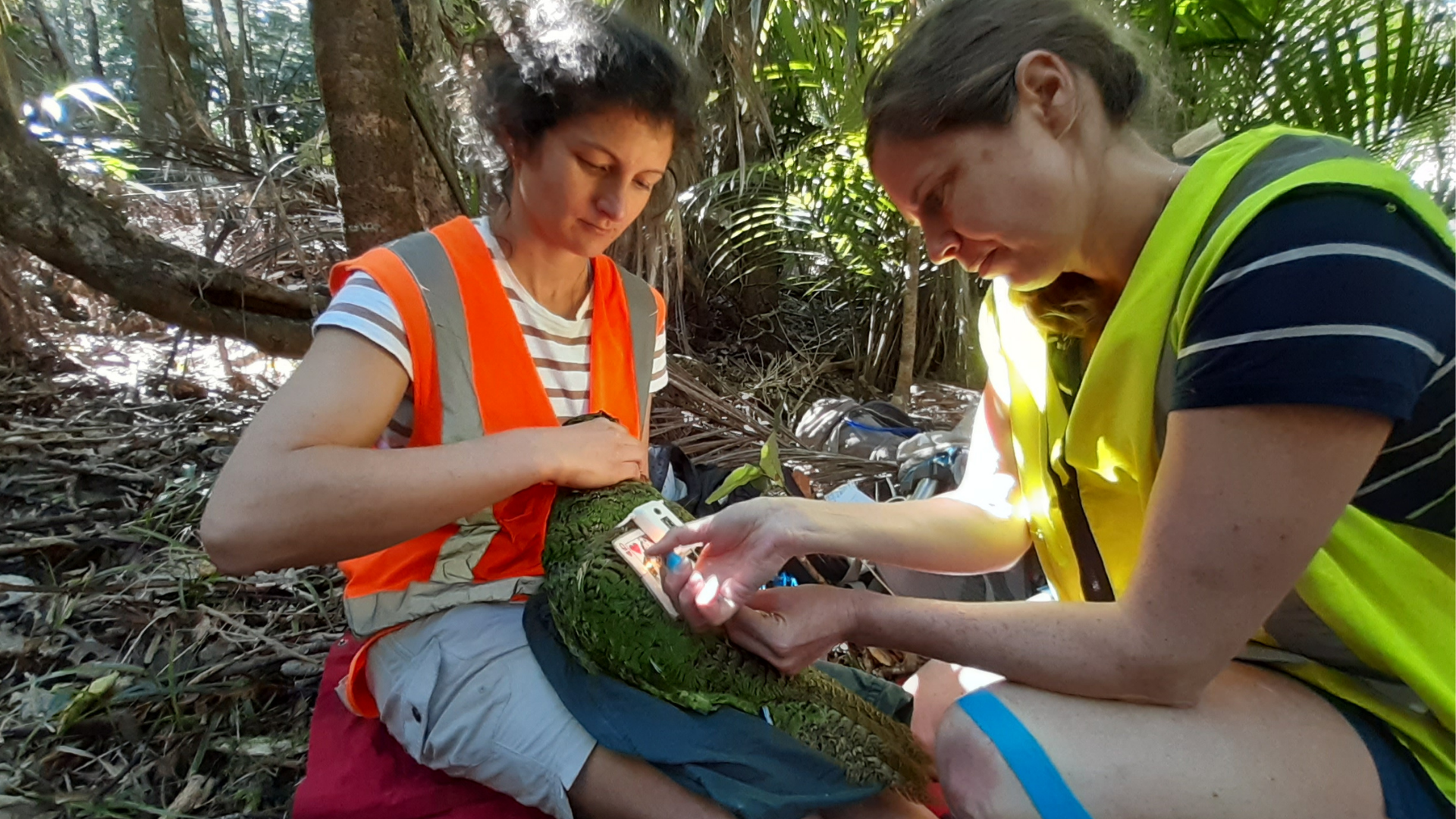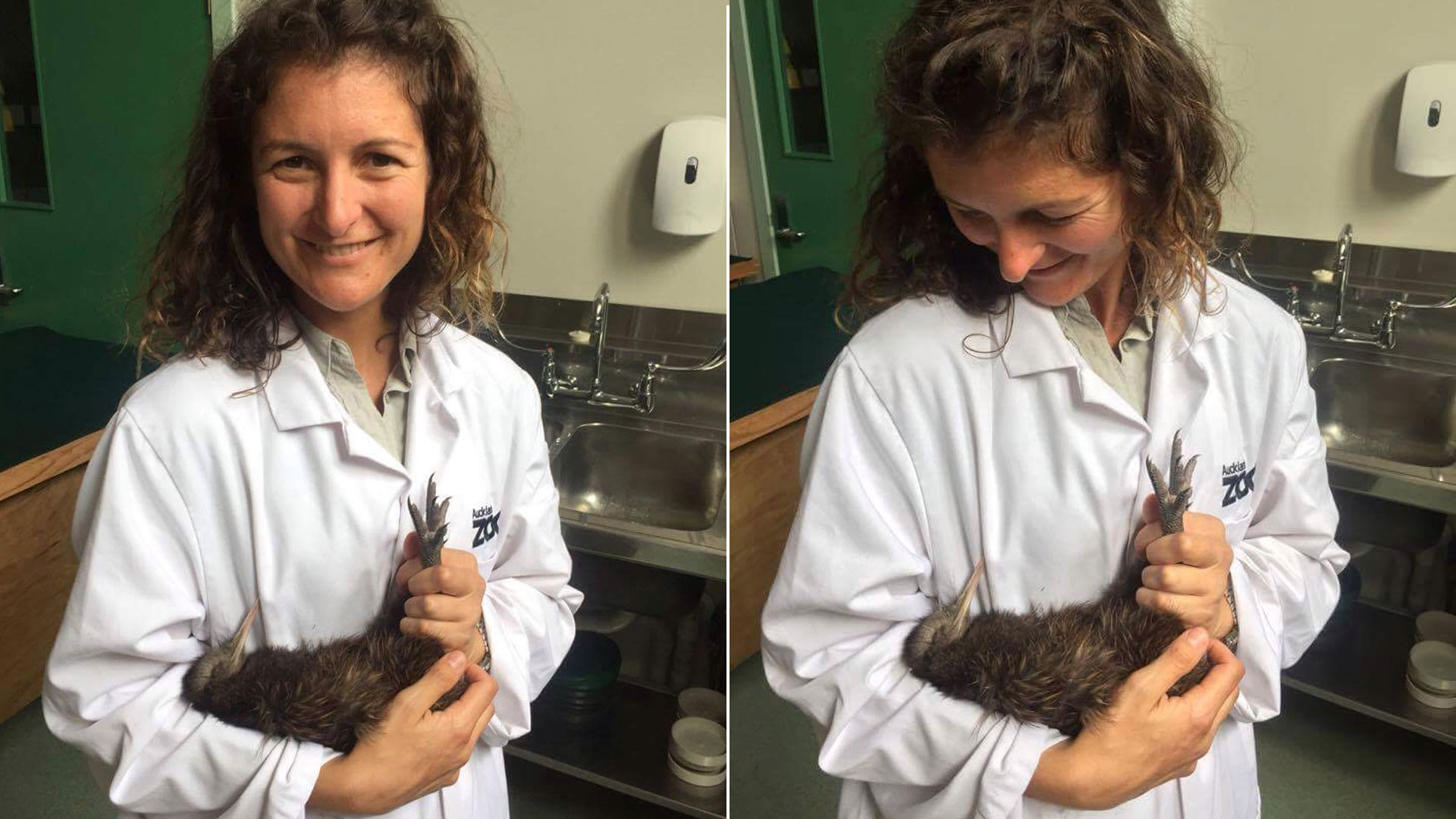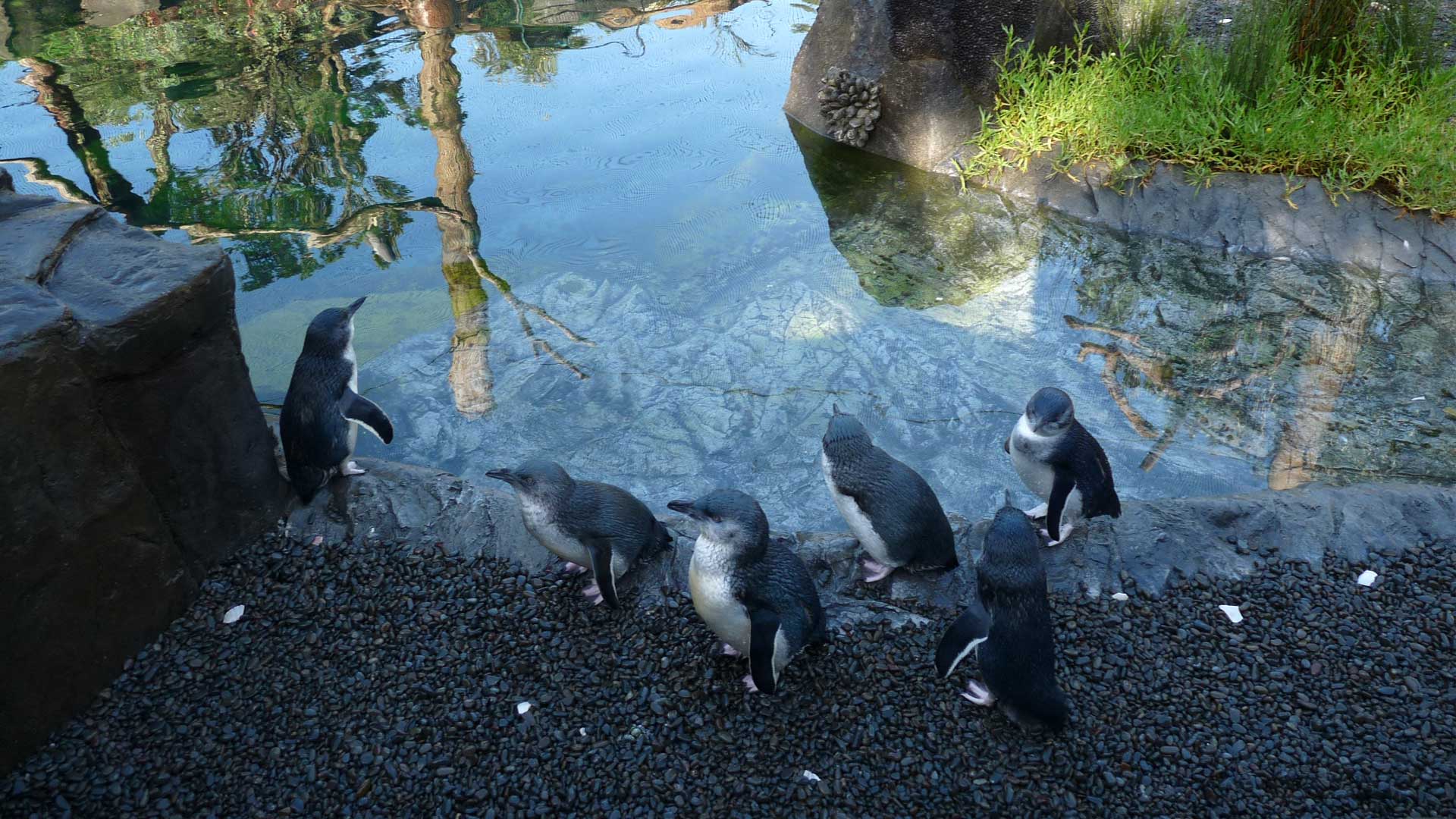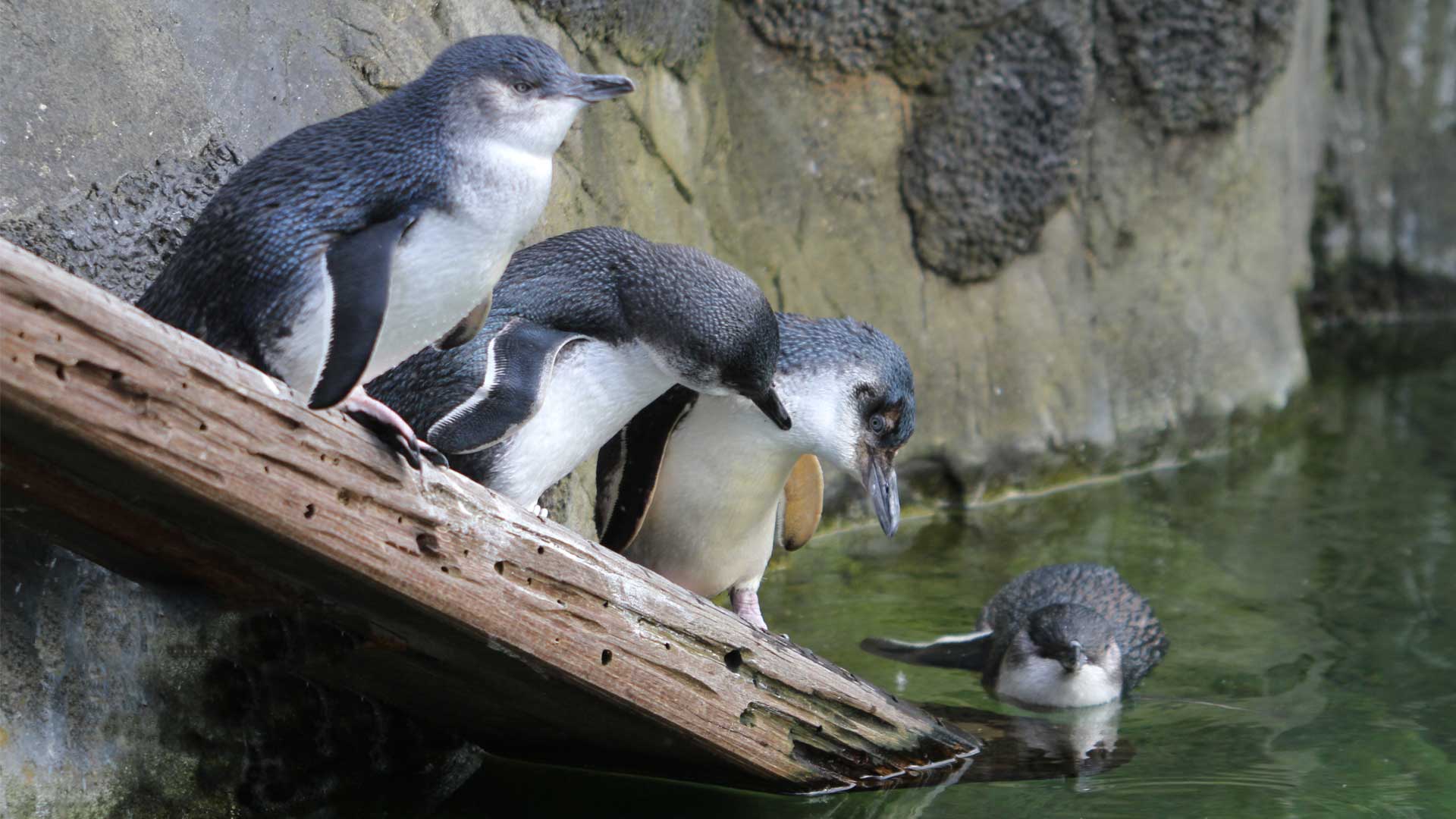Monitoring incubating kiwi eggs and helping rear newly hatched chicks ahead of releasing them to predator-free places in the wild is just one of the many things our bird keeper Catherine loves about summertime here at the Zoo.
While you’re about to head away on holiday to the bach or your favourite camping site, Catherine has some top tips she’s keen to share – so you can continue to be kaitiaki of our precious native wildlife and wild places while you’re having a fabulous and well-deserved break.
“One of my favourite places to relax in nature is Tāwharanui Regional Park. It’s just 80 mins north of Auckland and is a very cool example where you’ve got farmland, native bush, wetlands and coastal/beach areas that are fenced off to create predator-proof habitats where native birds, reptiles and invertebrates can thrive. It’s also a stunning marine reserve. Whether you’re at Tāwharanui or any other of our incredibly beautiful wild places, the below tips apply”


